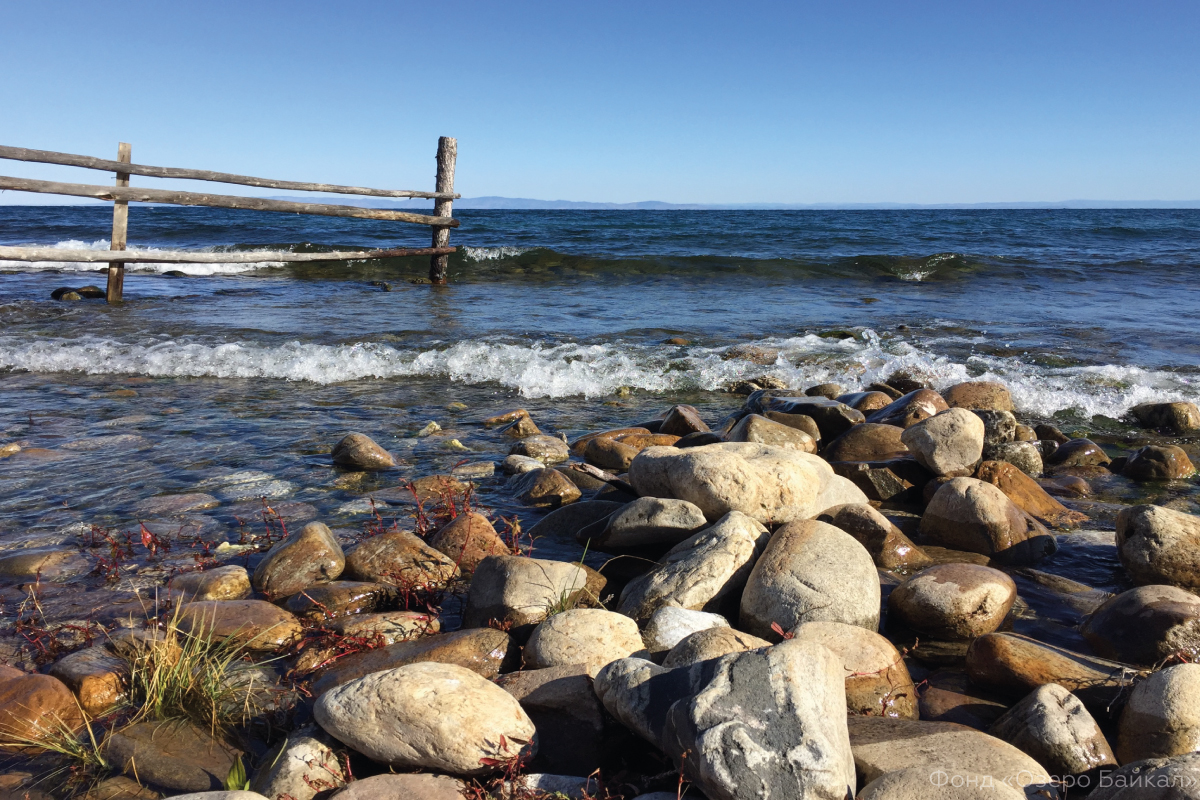Baikal: reduction of the water protection zone, ecological problems of the lake – the topic of the program «Different time», broadcast on Radio Russia on April 18, 2018. The guests of the program were: Alexander Malm, correspondent of Radio of Russia from Irkutsk, Evgeny Kravkly, activist, resident of Listvyanka, Anastasia Tsvetkova, CEO at the Lake Baikal Foundation.
During the talk, Anastasia Tsvetkova stressed that in the development of new boundaries of the water protection zone, the ecological and geographical criteria for establishing the outer boundary of the Baikal water protection zone, proposed by the SB RAS Geography Institute of V.B. Sochava were taken into account partially for inter-settlement territories and completely excluded for residential places. The Order of the Russian Federation Government No. 507-р of March 26, 2018 reduced the boundaries of the water protection zone of Lake Baikal 10 times from 57.2 thousand square kilometers to 5.9 thousand square kilometers, 159 residential places left the boundaries of the water protection zone without a differentiated approach to isolation functional zones. As a result, in the near future, residential areas densification and a significant increase in the volume of economic activity may occur, which will negatively affect the ecosystem of Lake Baikal. In the central ecological zone blasting operations within the framework of road construction are now permitted. The Foundation CEO emphasized that the interests of local residents should be taken into account, however, any change in legislation concerning the protection of a unique lake requires careful environmental expertise.
In the dialogue with radio listeners, the issue of tourists educating the careful attitude to the fragile nature of Lake Baikal and the need to revise the paradigm of tourism development on Lake Baikal «from quantity to quality» was also raised. Without the creation of a tourist infrastructure, the restriction of tourist flows by special eco-paths and progressive contributions for passage and movement in national parks, the popularization of cognitive tourism, the Baikal natural area will continue to suffer from a strong anthropogenic load.
Full recording of the broadcast is available by reference.


